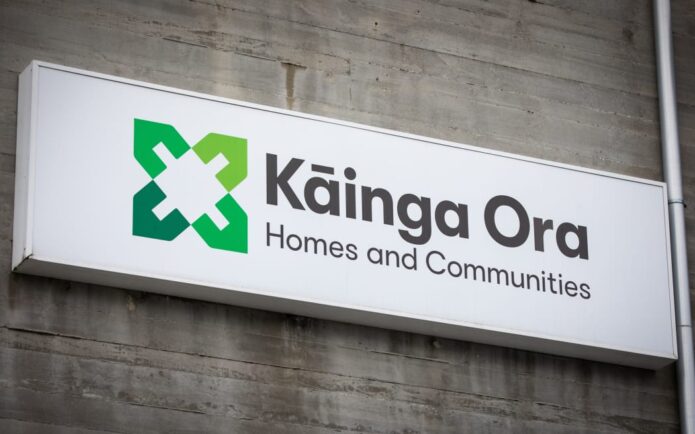PHOTO: Blockchain. BlockChain News
New frontiers: blockchain unlocks blue sky opportunities in real estate across Australia and New Zealand
Today the Real Estate Institute of New Zealand (REINZ) releases Blockchain: opportunities and disruptors for real estate, a report identifying how blockchain can unlock opportunities for real estate agencies, professionals and property transactions.
A shared, immutable ledger blockchain technology records transactions and tracks assets in a business network. In real estate, it can enhance how real estate business is conducted — supporting asset management, reducing friction between siloed systems and enabling ownership models such as fractional ownership.
A collaboration between REINZ, the Real Estate Institute of Australia (REIA), and the Royal Melbourne Institute of Technology (RMIT) Blockchain Innovation Hub, the report looks at blockchain’s potential to disrupt. It examines opportunities and challenges within the real estate industry, including:
- Opportunities created by blockchain infrastructure (decentralised finance (DeFi), Decentralised Autonomous Organisations (DAOs) and Non-Fungible Tokens (NFTs)), particularly through the tokenisation of real estate assets
- How the tokenisation of real estate assets can make property more accessible to a wider pool of investors and be leveraged to raise capital — for example, collateral to take out loans or mortgages
- The securitisation and compliant digitisation of transactions and the process around them
- Challenges such as market acceptance and legal and tax regulation
- Applications in the real estate ecosystem, including supporting real estate agencies and professionals to broaden their service offerings, facilitate tokenisation, increase transparency and streamline processes.
Blockchain applications in real estate are still in their infancy, and decentralised real estate markets are unlikely to be a short-term reality. REINZ recognises the need to raise awareness of the opportunities blockchain technology offers to improve current systems to ensure readiness in a quickly evolving market.
The report also looks at future directions enabled by blockchain technologies, such as extended and augmented reality to support virtual property tours and property in the metaverse.
Jen Baird, Chief Executive at REINZ, says: “New Zealand is recognised as a global digital innovator with an agile and collaborative business environment, which is key to our ability to react quickly to opportunity — such as that presented by blockchain. Blockchain is fast becoming part of the core infrastructure of the global economy and is already causing economic and social change.
“Real estate is a sector that changes with market cycles, societal trends and new technology. REINZ is committed to looking to the future of our profession and ensuring our members are aware of and understand emerging trends with the potential to significantly change how we support buyers, sellers, landlords and renters and how we do business.
“While the real estate market may not yet be ready for a disintermediated model, elements of blockchain infrastructure are already enabling the digitisation of real-world property assets and facilitating new real estate linked crypto-based economies.
“To support the effective incorporation of blockchain technology in the New Zealand real estate ecosystem, real estate professionals need to think now about future applications, such as smart contracts that automate parts of real estate transactions and the place of digital asset ownership in New Zealand property market.
“Blockchain is early in its lifecycle. To realise the opportunities of blockchain, we must have cross-sector conversations and consider the structures required to support its use in real estate.”
RMIT’s Blockchain Innovation Hub’s Co Director, Distinguished Professor Jason Potts says they jumped at the opportunity to work with REIA and REINZ to provide blockchain research for future real estate applications.
“The real estate industry has the appetite and incentive to really utilise blockchain technology to enhance the customer experience,” Professor Potts says.
“The time is right for Australia and New Zealand to become early adopters and in doing so provide more options for their customers such as the tokenisation of real estate assets which can lead to lower costs, increased liquidity and therefore faster settlement times.”














